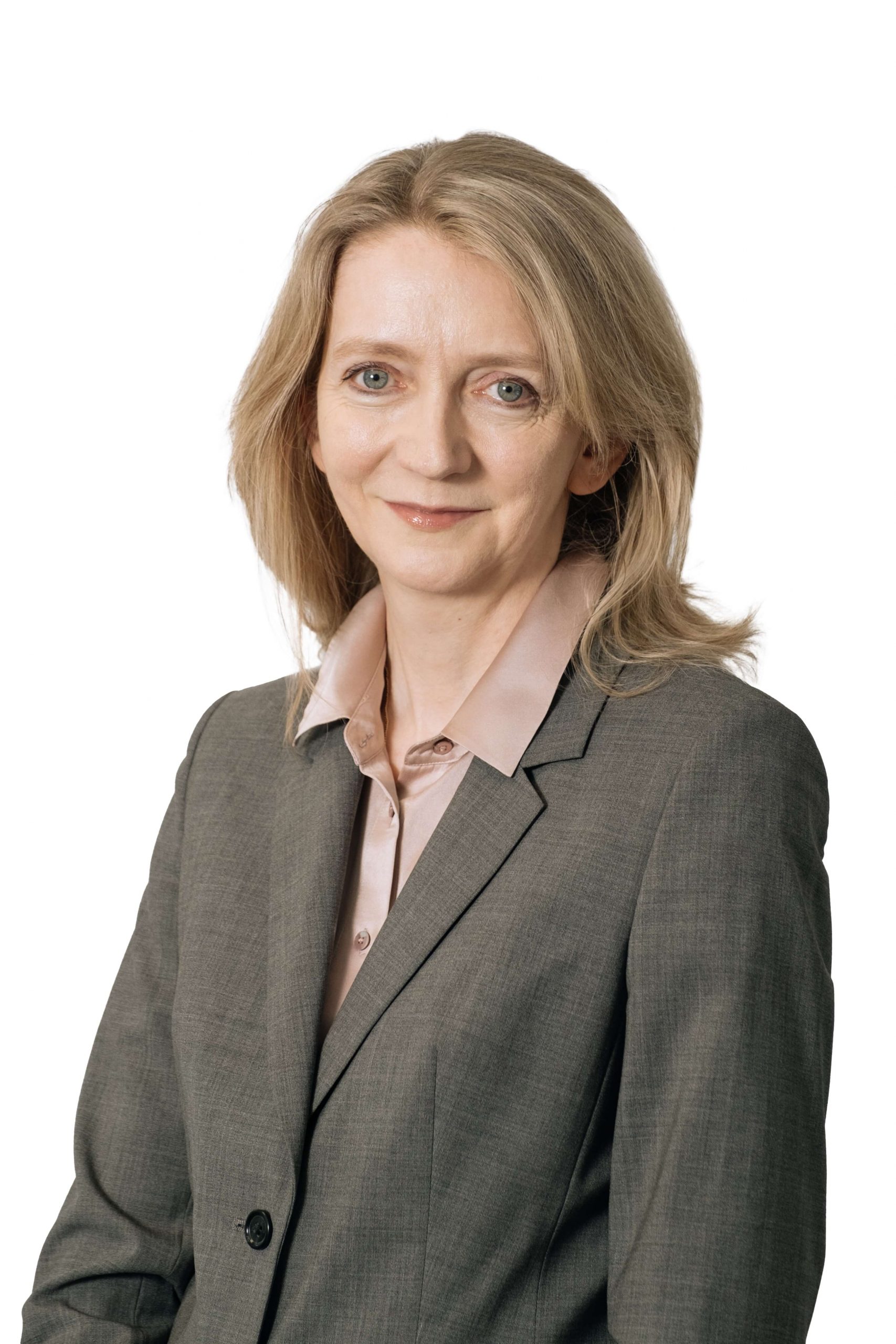Earlier this month, it was reported that Japan’s Riken institute plans to link a quantum computer to its state of the art Fugaku supercomputer.
The Fugaku supercomputer is the second fastest supercomputer in the world. It recently lost its crown as the fastest supercomputer in the world to HPE’s Frontier.
Japan is looking towards hybrid computing where calculations are shared between a classical computer and a quantum computer. Many of the leading quantum computing companies are also following a hybrid approach such as D-Wave and IonQ. In addition, the EU has recently announced a drive for hybrid quantum computing and supercomputers as the first European quantum computers will be integrated into existing super computers in Czechia, Germany, Spain, France, Italy, and Poland.
The idea of dividing calculations between differing computing modalities is not new.
Classical computers with GPUs will often split computation between the CPU and a GPU. However, the difference with hybrid quantum computing is a question over the type of classical computer that needs to be used to in combination with the quantum computer. The project by Riken and the EU project both use supercomputers to interface with the quantum computers. However, IonQ interface to a Dell PowerEdge server.
In the current approaches to hybrid quantum computing, only very limited tasks will be directed to the quantum computer. However, this is likely to change over time, as the algorithms for quantum computing start to increase, but even then the allocation of some tasks to a classical computer is expected to continue. In such hybrid arrangements, the classical computer will be doing a lot of the heavy lifting and will therefore need to have considerable computing power. There are suggestions of a supercomputer being used to perform error correction for the quantum computer. Also, to maintain security and reduce latency in communications between the classical computer and quantum computer, the quantum computer and classical computer are preferably on the same site.
So what does this mean for patents for quantum algorithms?
At the European patent office (EPO), algorithms are patentable if we can show that they relate to a specific technical implementation or a specific technical application. The EPO allows patents to be granted which relate to how processing is split between a CPU and a GPU as this satisfies the requirement of a specific technical implementation. Therefore, we would expect the EPO to apply the same principle to algorithms for hybrid quantum computing.
However, care needs to be taken when patenting algorithms for hybrid computing to try to make the patent future proof. With quantum computing hardware developing quickly, it is important that patents for hybrid quantum computing algorithms are drafted to cover not only how the tasks are divided between the classical and quantum computers now, but also how the tasks will be divided for the next generation of hybrid quantum computers.


